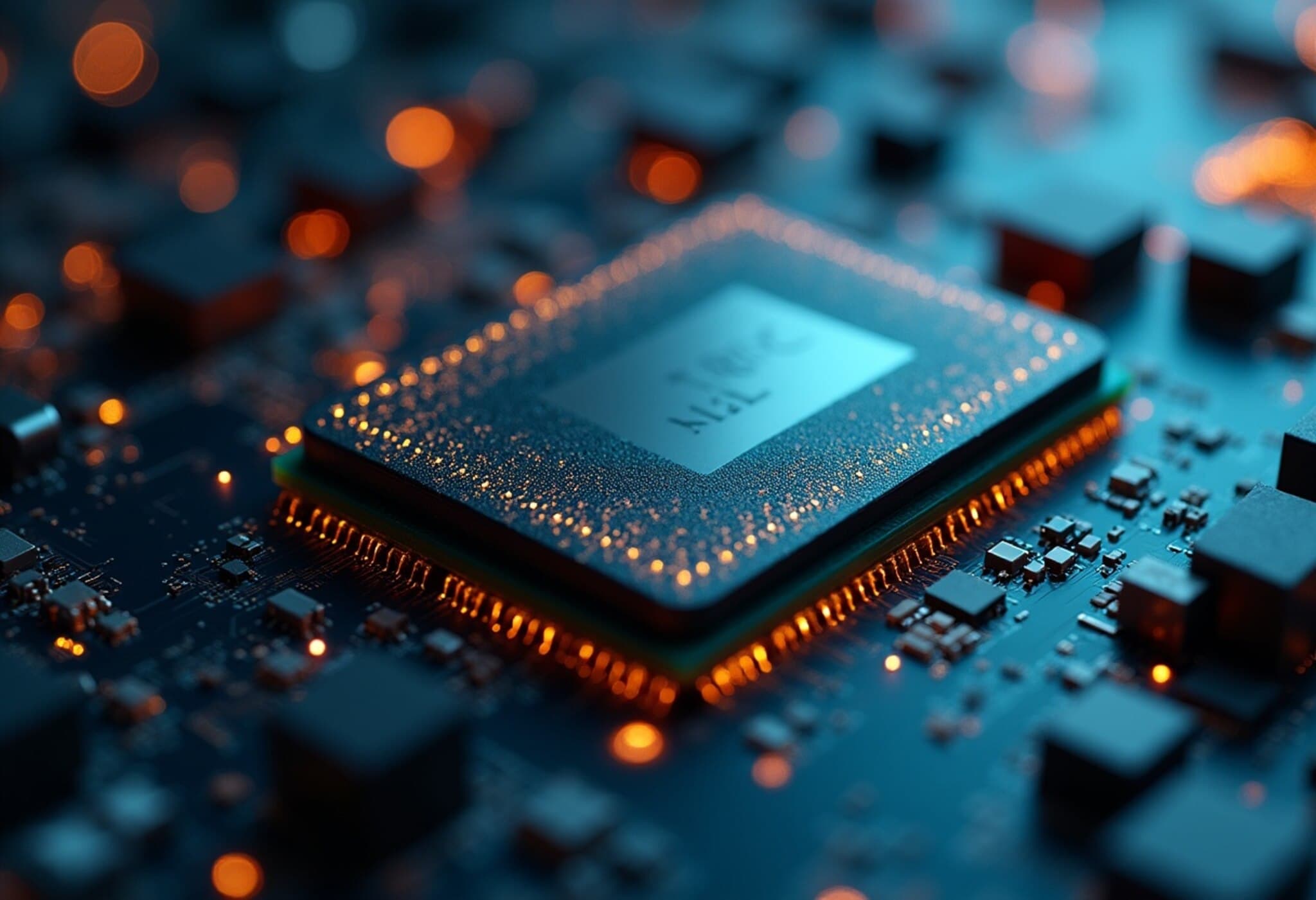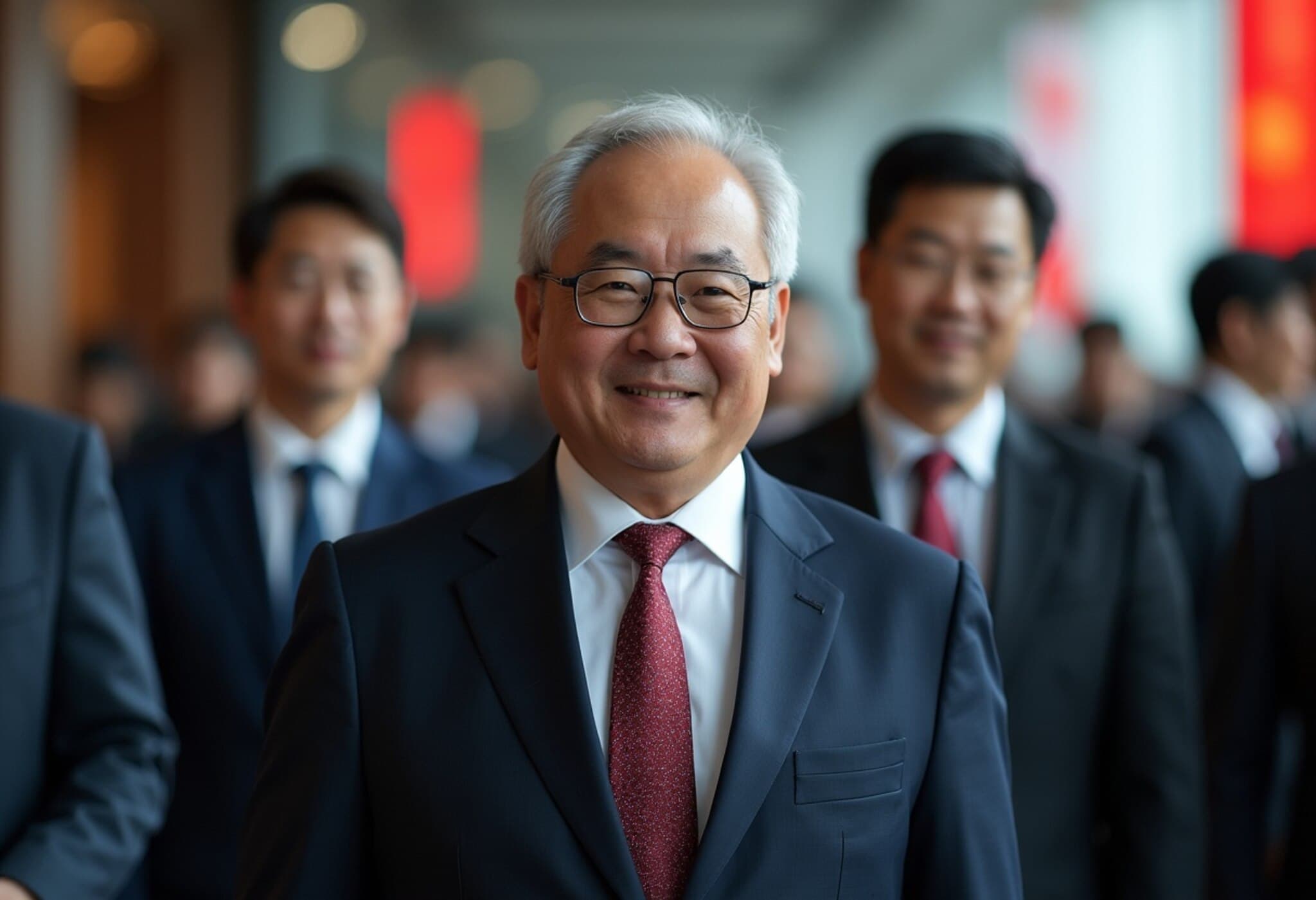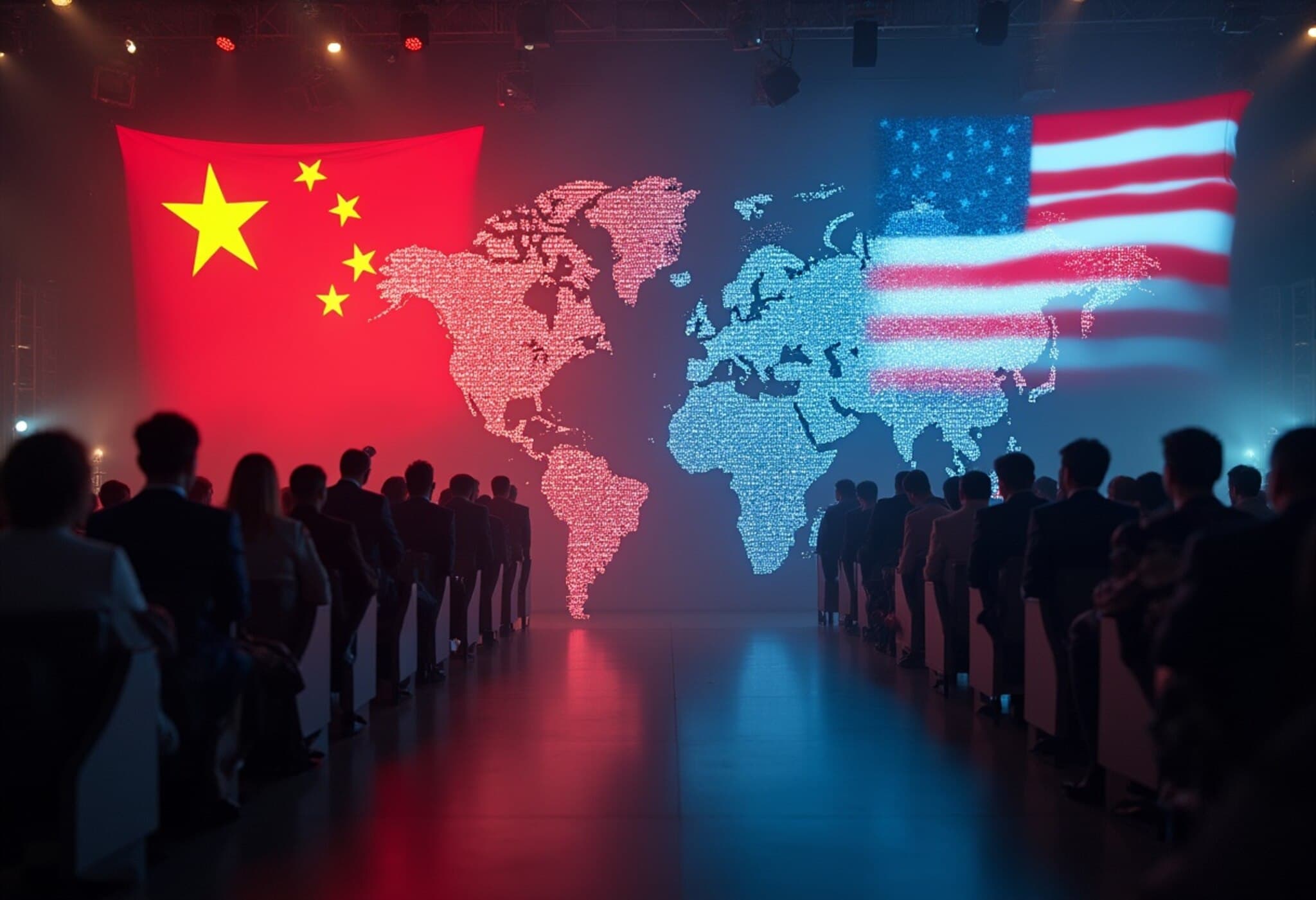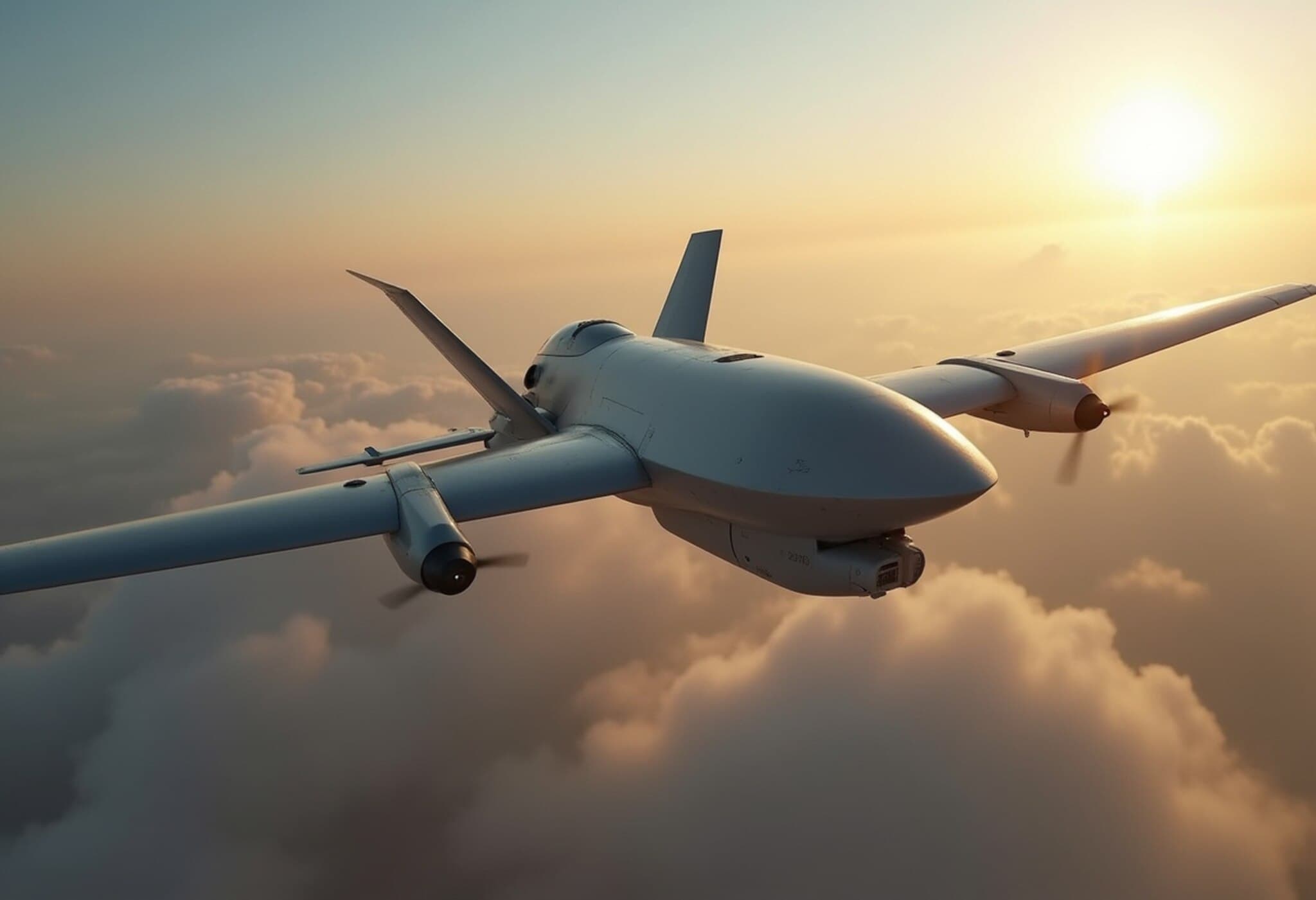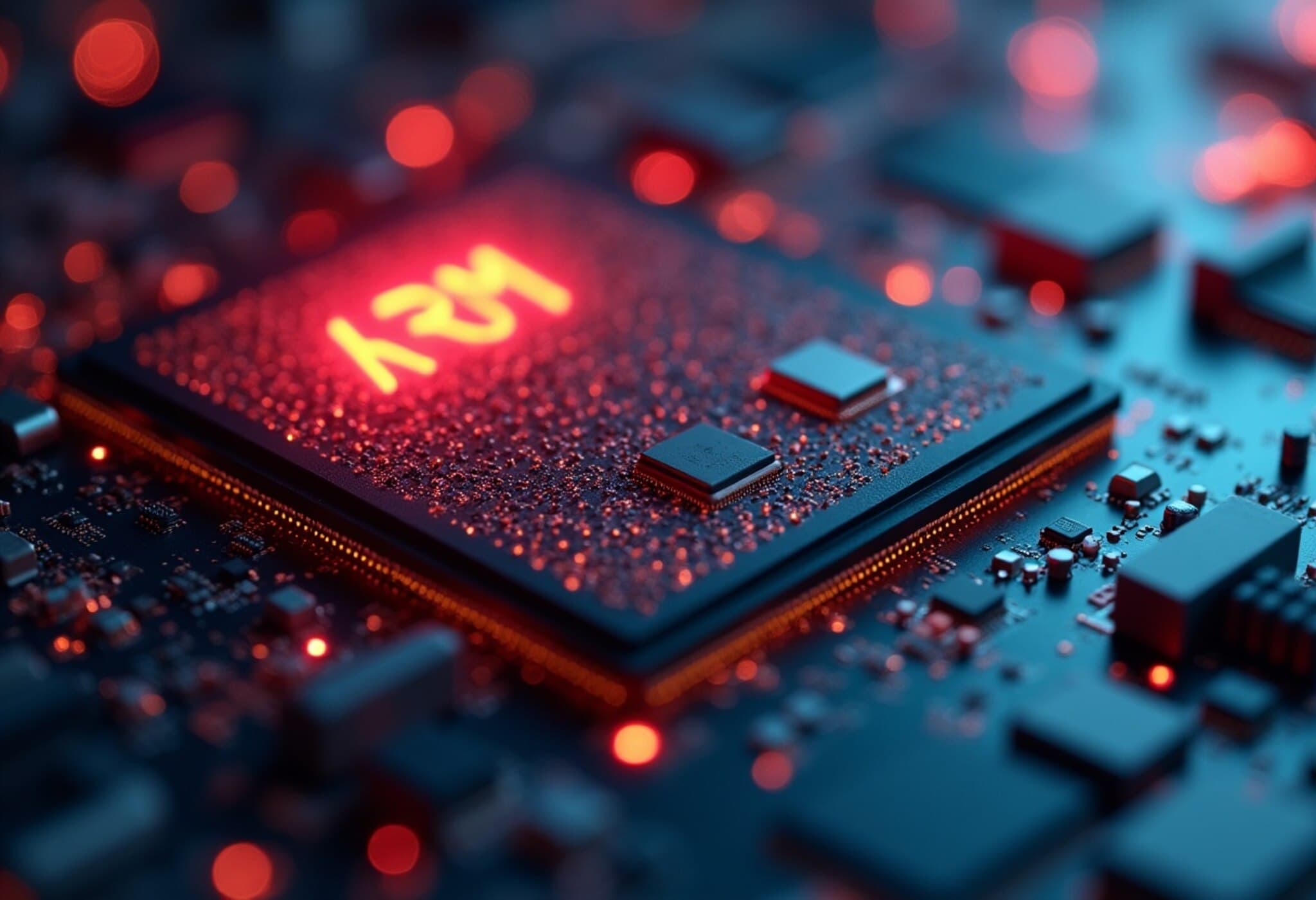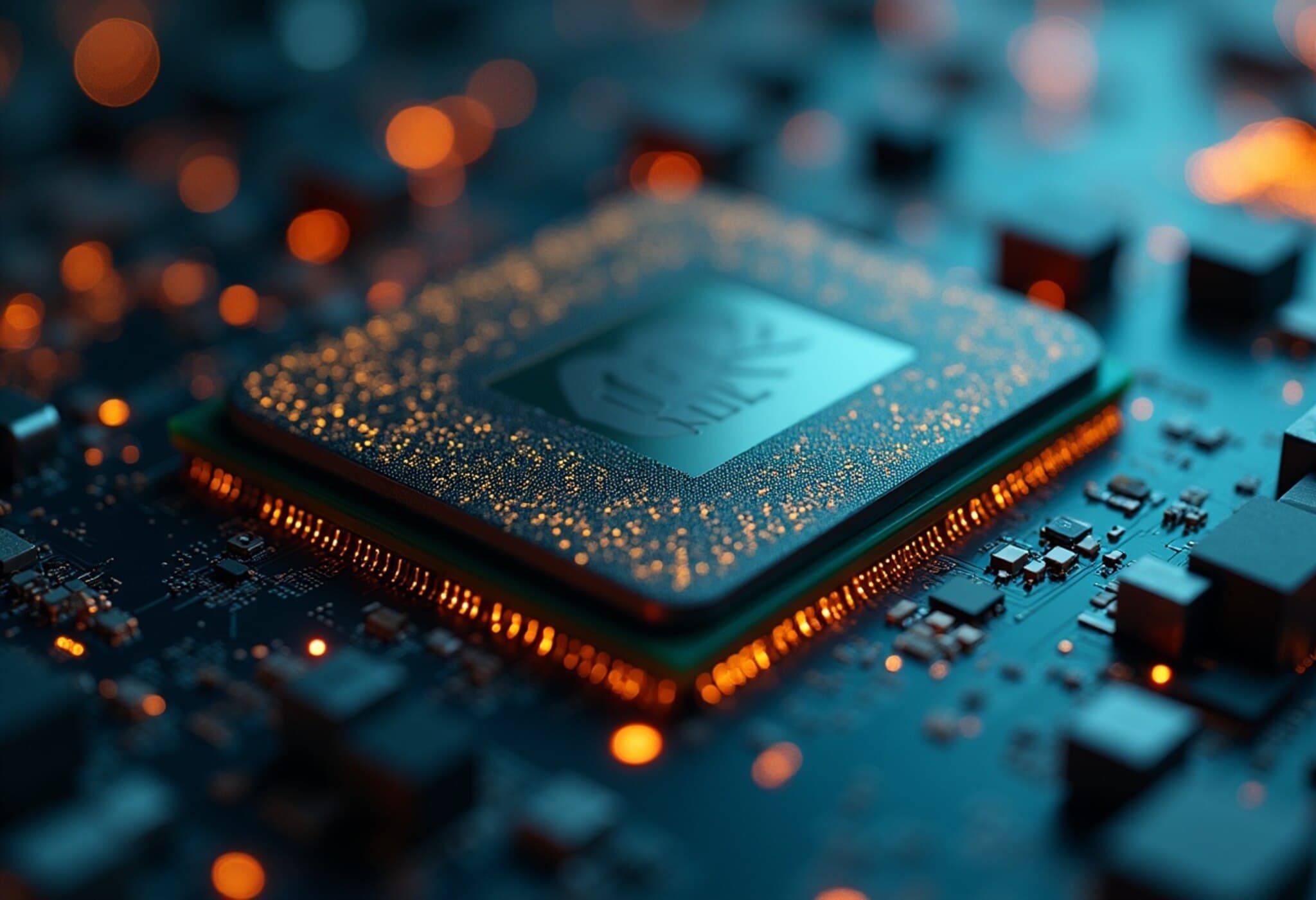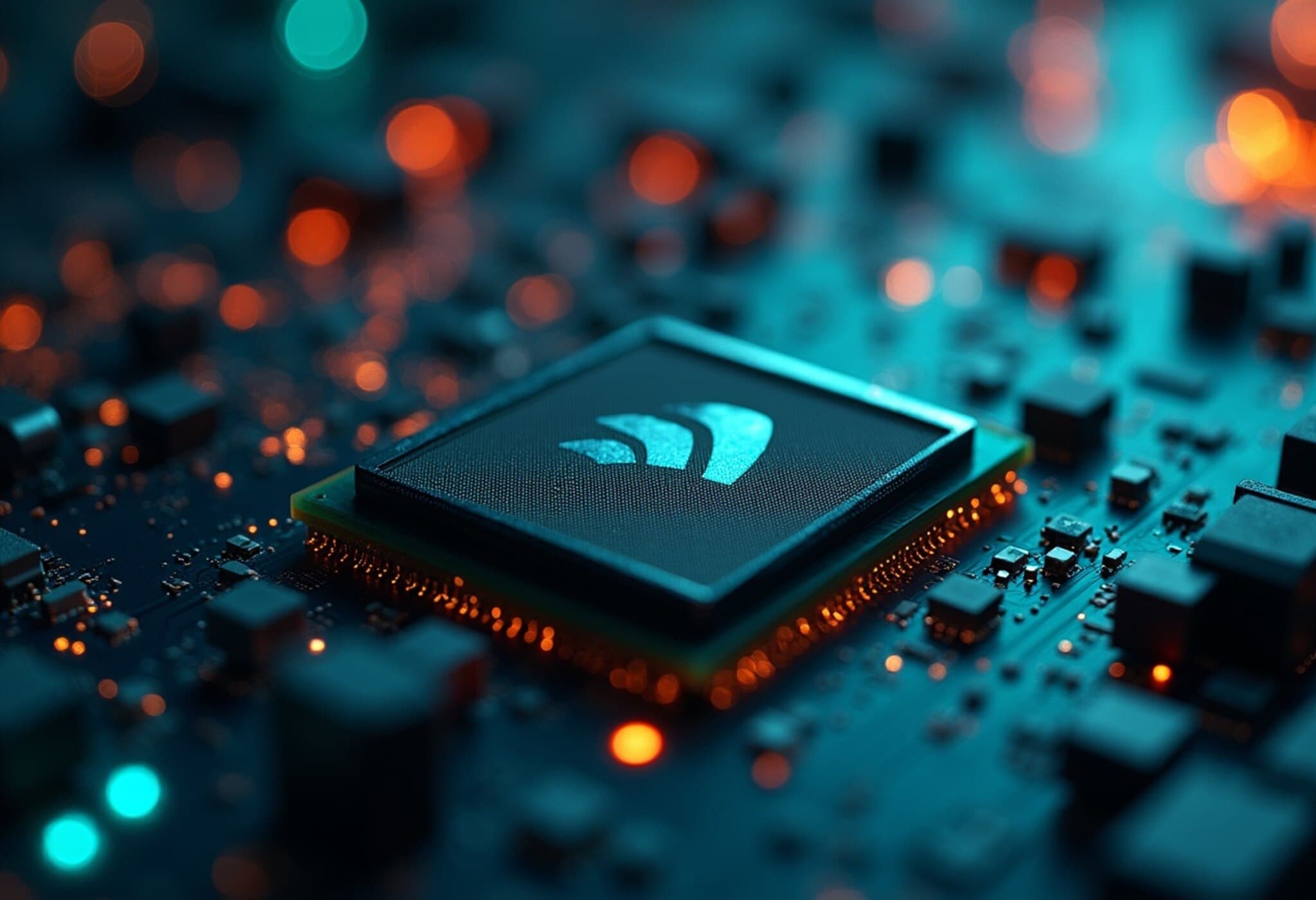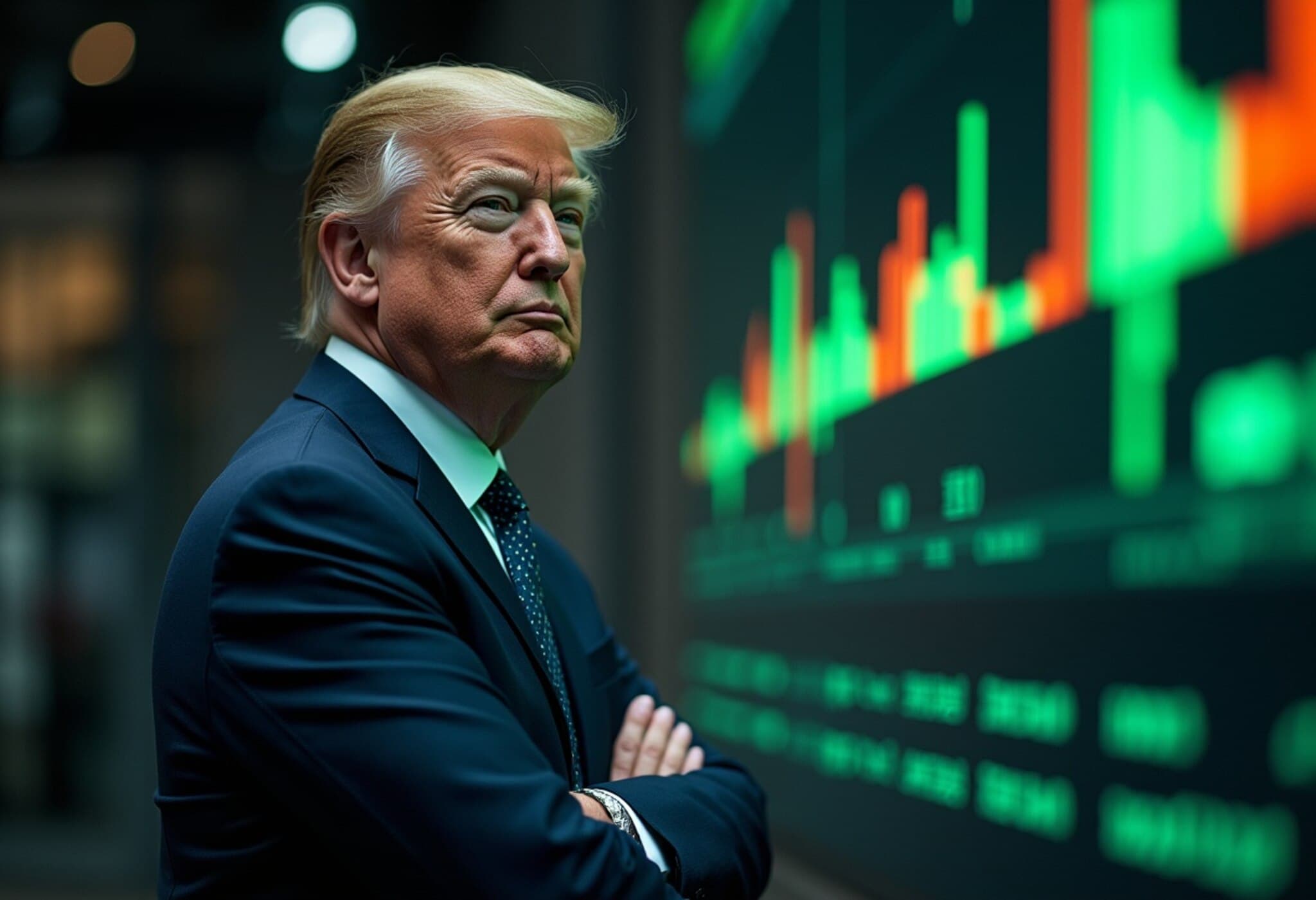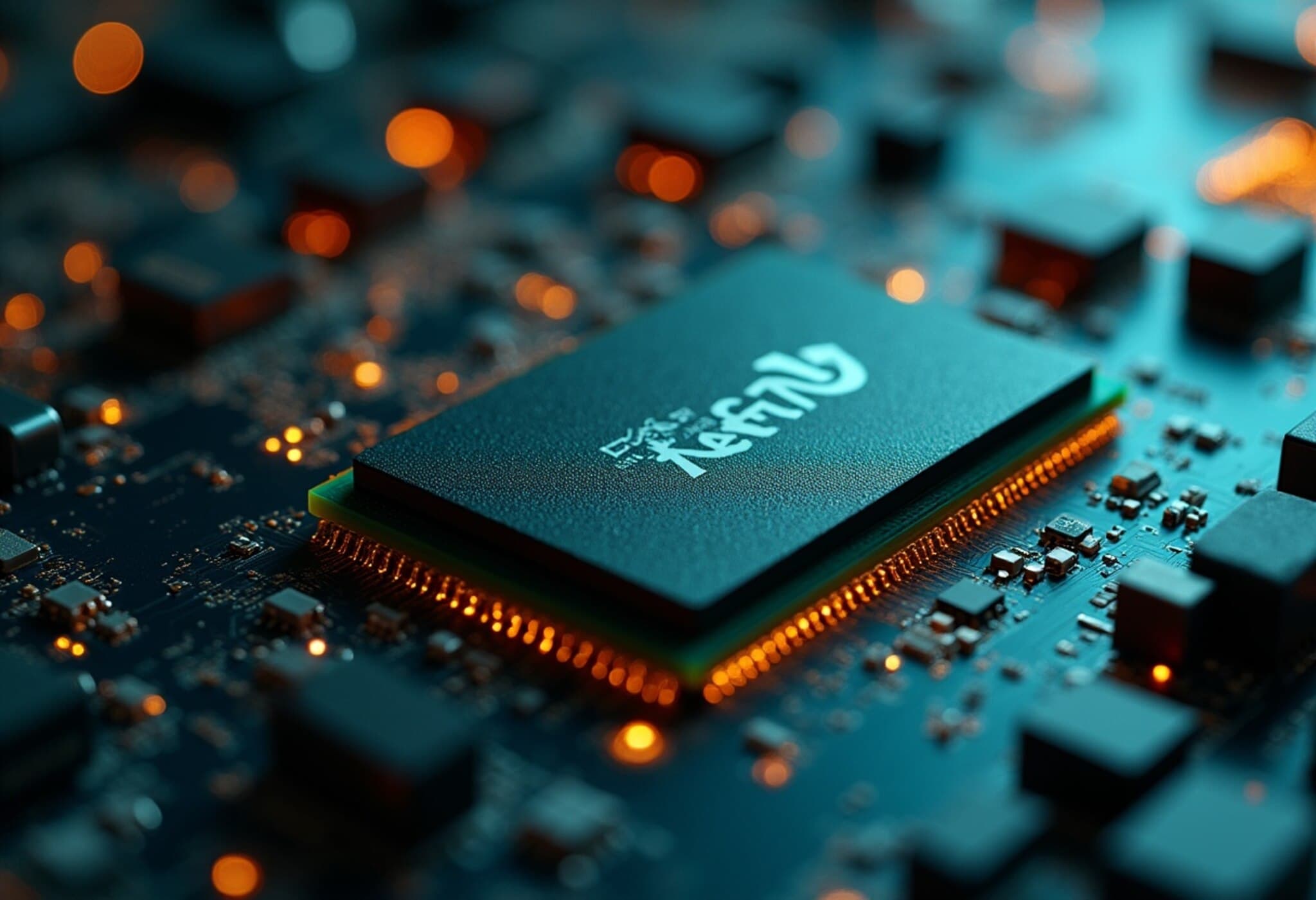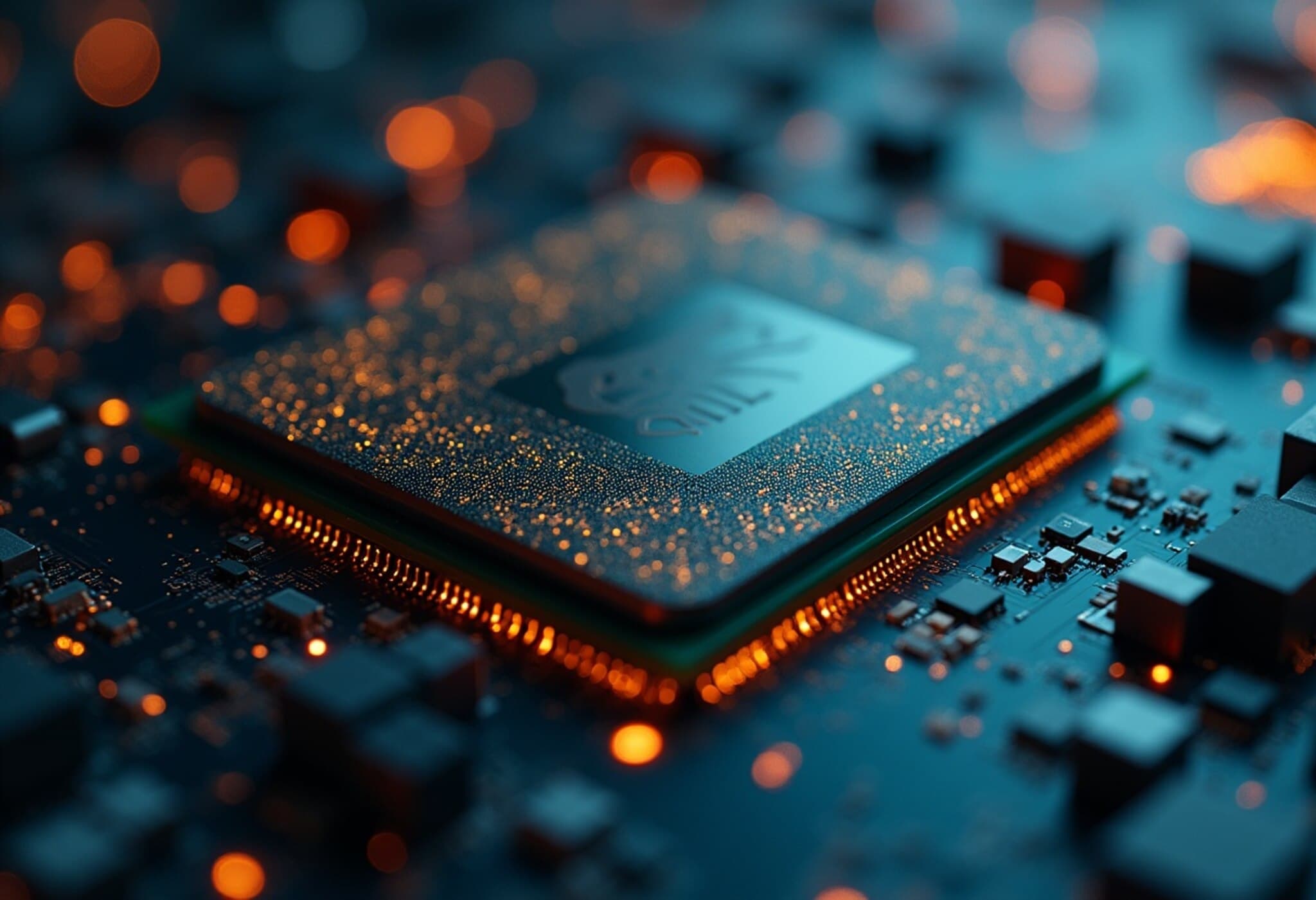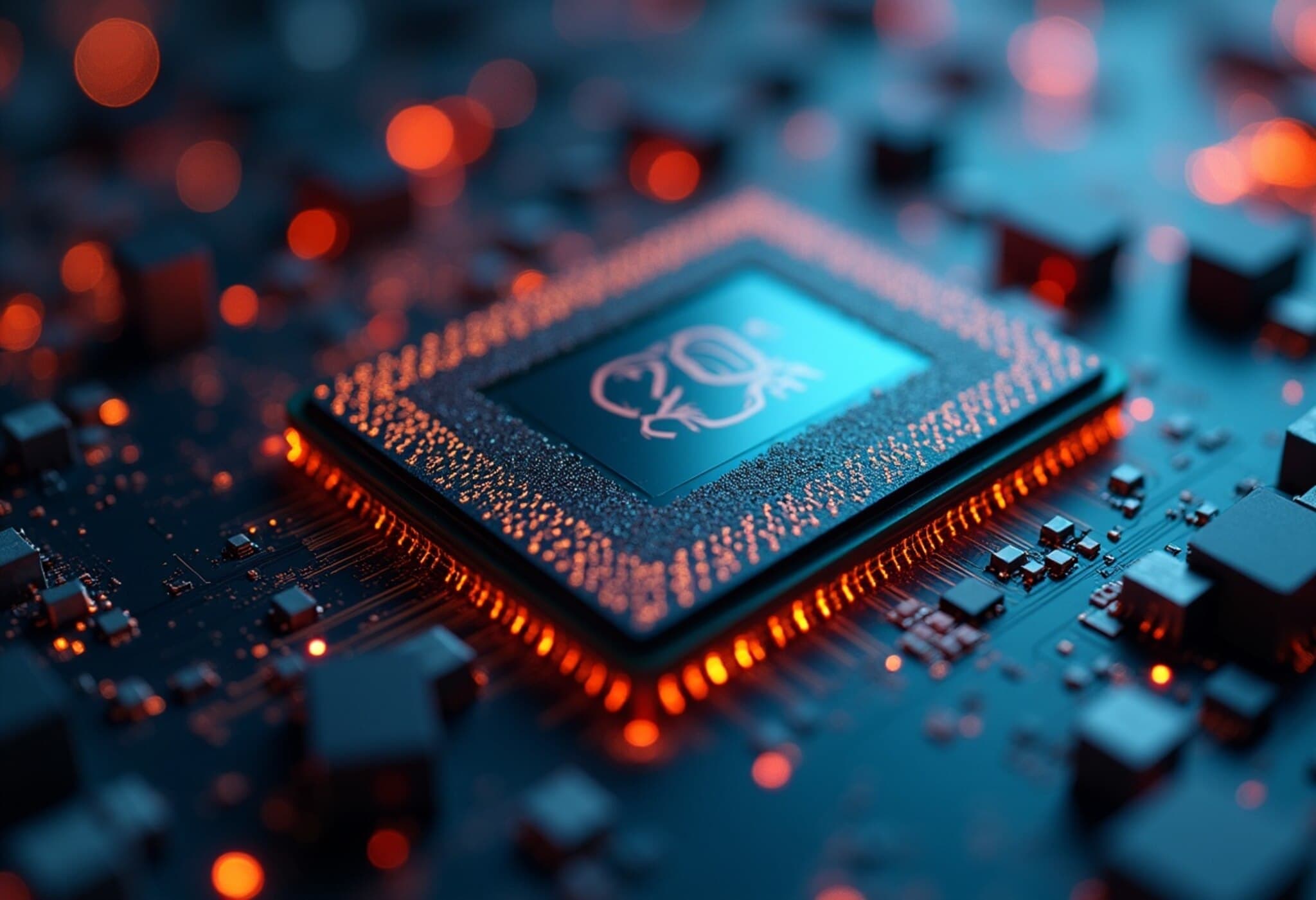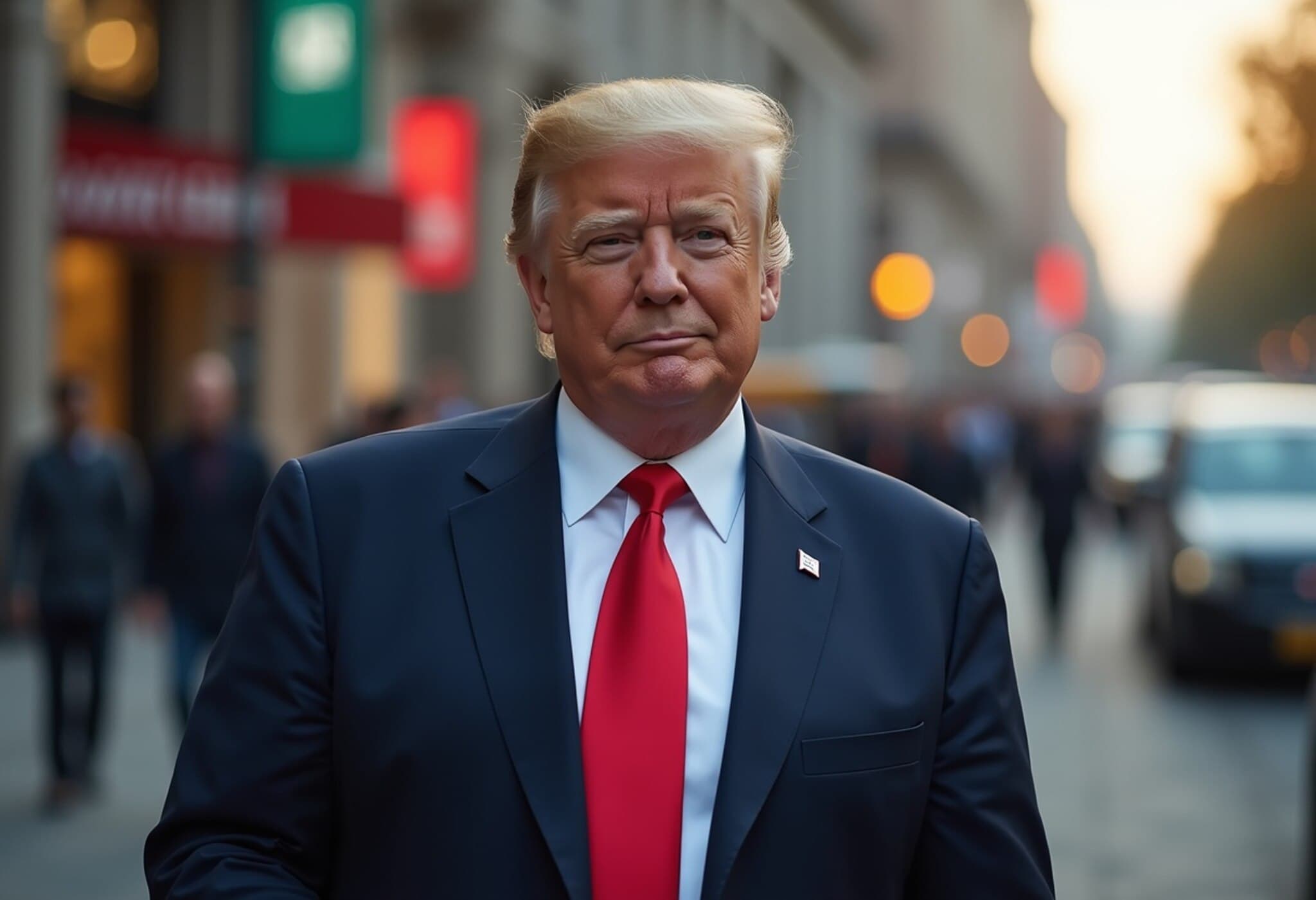Nvidia's H20 AI Chips Draw Beijing’s Attention Over Security Concerns
As Nvidia prepares to restart shipments of its H20 artificial intelligence (AI) chips to China, fresh scrutiny from Beijing’s regulatory bodies is adding new complexity to the tech giant’s China strategy. While Washington recently lifted an effective export ban imposed in April, allowing Nvidia to sell its China-targeted GPUs again, China’s Cyberspace Administration (CAC) has raised alarms over alleged security vulnerabilities embedded in the chips.
Beijing Demands Transparency on Potential Security Risks
On Thursday, Nvidia engaged in talks with officials from the CAC, who requested the company to clarify and submit detailed documentation addressing national security concerns. These include fears about hidden backdoors, tracking capabilities, and remote shutdown functions that U.S. experts claim could compromise Chinese users' data privacy and sovereignty.
The CAC statement underscored mounting anxiety over reports that Nvidia’s H20 chips might incorporate sophisticated technologies enabling location tracking and external control, echoing bipartisan calls in the U.S. Congress for mandatory security features and real-time monitoring in exported semiconductors.
U.S. Legislative Push to Tighten Semiconductor Export Controls
In May, a bipartisan group of U.S. lawmakers, led by Republican Senator Tom Cotton and Democratic Representative Bill Foster, introduced legislation targeting advanced AI chip exports. The bill seeks to enforce security mechanisms that would prevent foreign adversaries from exploiting such technologies for surveillance or shutdowns. Foster highlighted that tracking tech is already integrated into modern Nvidia chips, underlining the legislative urgency.
Geopolitical Tug-of-War Shapes Nvidia’s Business Outlook
Nvidia CEO Jensen Huang finds himself navigating a delicate balancing act. While eager to capitalize on China’s lucrative markets, especially in AI-driven data centers and gaming, Huang must reconcile Washington’s increasingly assertive semiconductor policies with China’s growing mistrust.
Huang’s recent trip to Beijing, where he announced the resumption of H20 chip sales, came shortly after a significant $2.5 billion hit to Nvidia’s revenue due to export restrictions. Demonstrating confidence in demand, Nvidia has placed orders for 300,000 H20 chips with its manufacturing partner, Foxconn.
Hidden Challenges and Broader Implications
- Security vs. Commerce: Nvidia’s experience exemplifies the widening fissures in U.S.-China tech relations, where national security imperatives clash with global supply chain realities.
- Underreported Risks: The focus on “tracking and remote shutdown” raises broader questions about sovereignty, trust, and the role of embedded surveillance in commercial technologies.
- Impacts on AI Innovation: Restrictions and scrutiny could slow China’s AI development trajectory but also compel Nvidia and others to innovate more secure chip designs, potentially reshaping global semiconductor standards.
Expert Commentary
Dr. Elena Kim, a policy analyst specializing in semiconductor supply chains, observes: This episode highlights a new chapter in tech geopolitics. It’s not merely about who makes the chips but who controls the chips. Embedded security features can act as double-edged swords—protecting users or enabling surveillance—depending on the actor. Nvidia’s situation signals the urgent need for transparent, multilateral frameworks governing AI hardware exports.
Editor’s Note: Navigating Complex Tech Diplomacy
The unfolding scrutiny of Nvidia’s H20 AI chips in China serves as a microcosm of the broader challenges at the intersection of technology, national security, and diplomacy. As countries race to dominate AI capabilities, the embedded features within hardware become highly charged terrains of trust and power. Observers should watch how Nvidia, U.S. policymakers, and Chinese regulators negotiate these issues, as outcomes will resonate beyond chip sales—impacting global AI governance, economic competition, and international relations.

